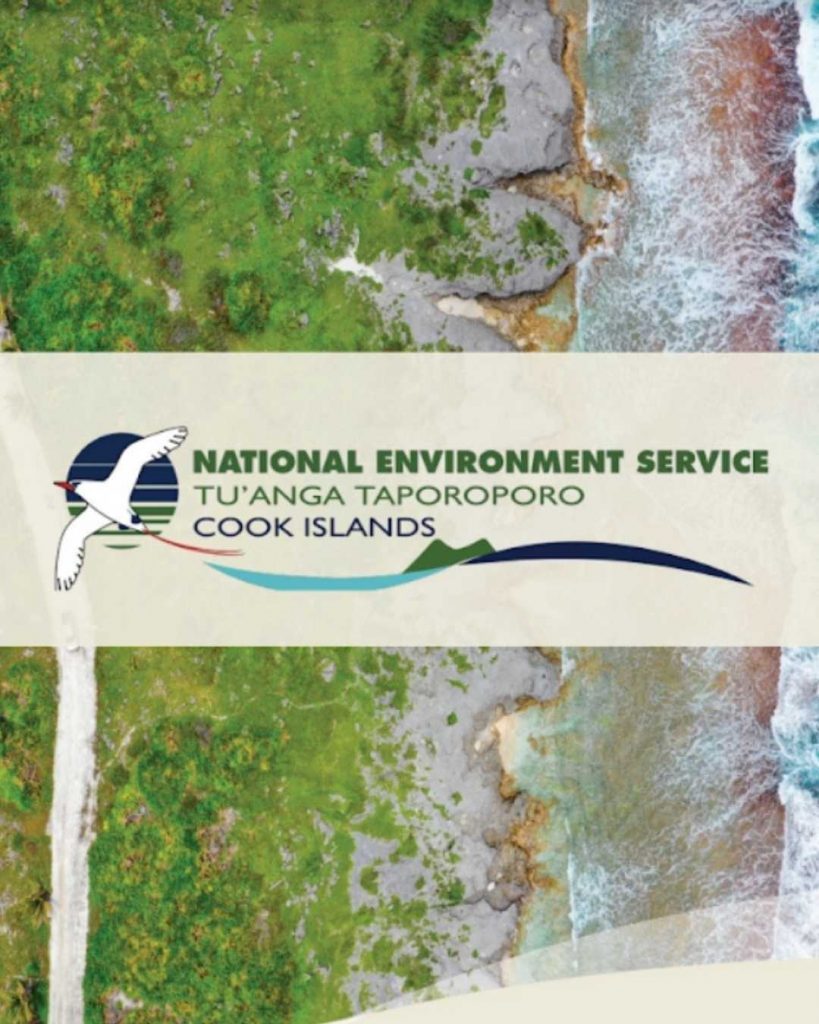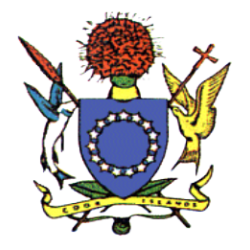A Technical expert workshop to review modalities for modifying the description of Ecologically or Biologically Significant marine Areas (EBSA) and describing new areas workshop was attended by more than 15 countries and organizations. Elizabeth Munro, NES Manager of Environmental Stewardship, was accepted to join the technical expert group. The weeklong workshop in Oslo, Norway was hosted by the Government of Norway and organized by CBD secretariate with support from the Government of Canada, Sweden and Belgium.
EBSA is a marine area that has special importance and purpose to support the healthy functioning of marine and ocean areas. EBSA areas are identified based on scientific and technical information on the ecological or biological features of the site and the most importance of the area. Identification of EBSA areas is based on seven key criterias; 1. Uniqueness or rarity, 2. Special importance for life history stages of species, 3. Importance for threatened, endangered or declining species and/or habitats, 4. Vulnerability, Fragility, Sensitivity, or Slow recovery, 5. Biological Productivity, 6. Biological Diversity and 7. Naturalness.
EBSA does not provide legal provisions or prescribe management measures and what activities should take place in an area however it provides scientific data and information to support countries in declaring a marine protected area.
The workshop looked at reasons for modifying and updating EBSA such as new updated scientific, and traditional data and information, change in the ecological and biological feature of an EBSA, editorial and scientific errors identified, change of EBSA name etc.
Countries shared their experience in the EBSA process where it has assisted them provide data, information and evidence to assist in ocean management and the development of Marine Protected Areas.
An outcome of the technical workshop was a process map that better describes the course of action to modify an area. Modalities to describe and modify EBSA were developed for regional and global expert workshops, EBSAs in national jurisdiction and EBSAs beyond National jurisdiction.
The Cook Islands has four sites on the EBSA repository and has also published a document on significant unique marine areas within the Cook Islands EEZ.







